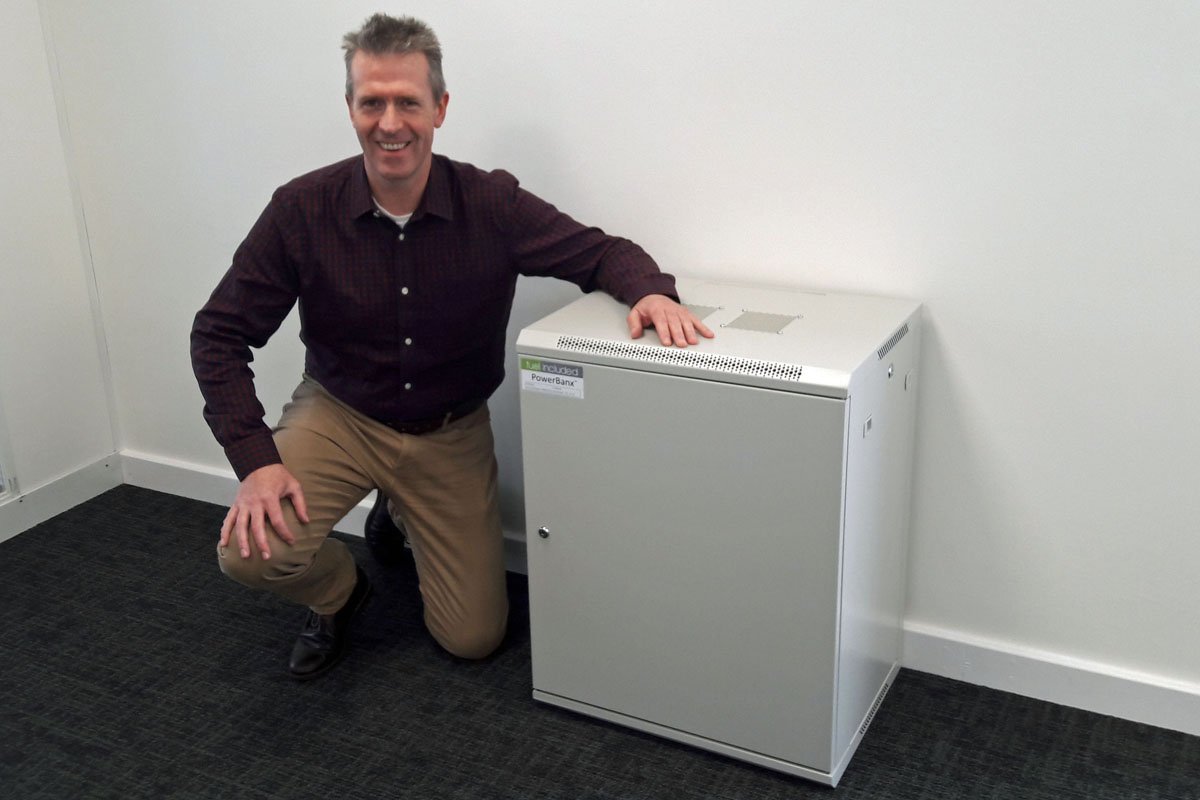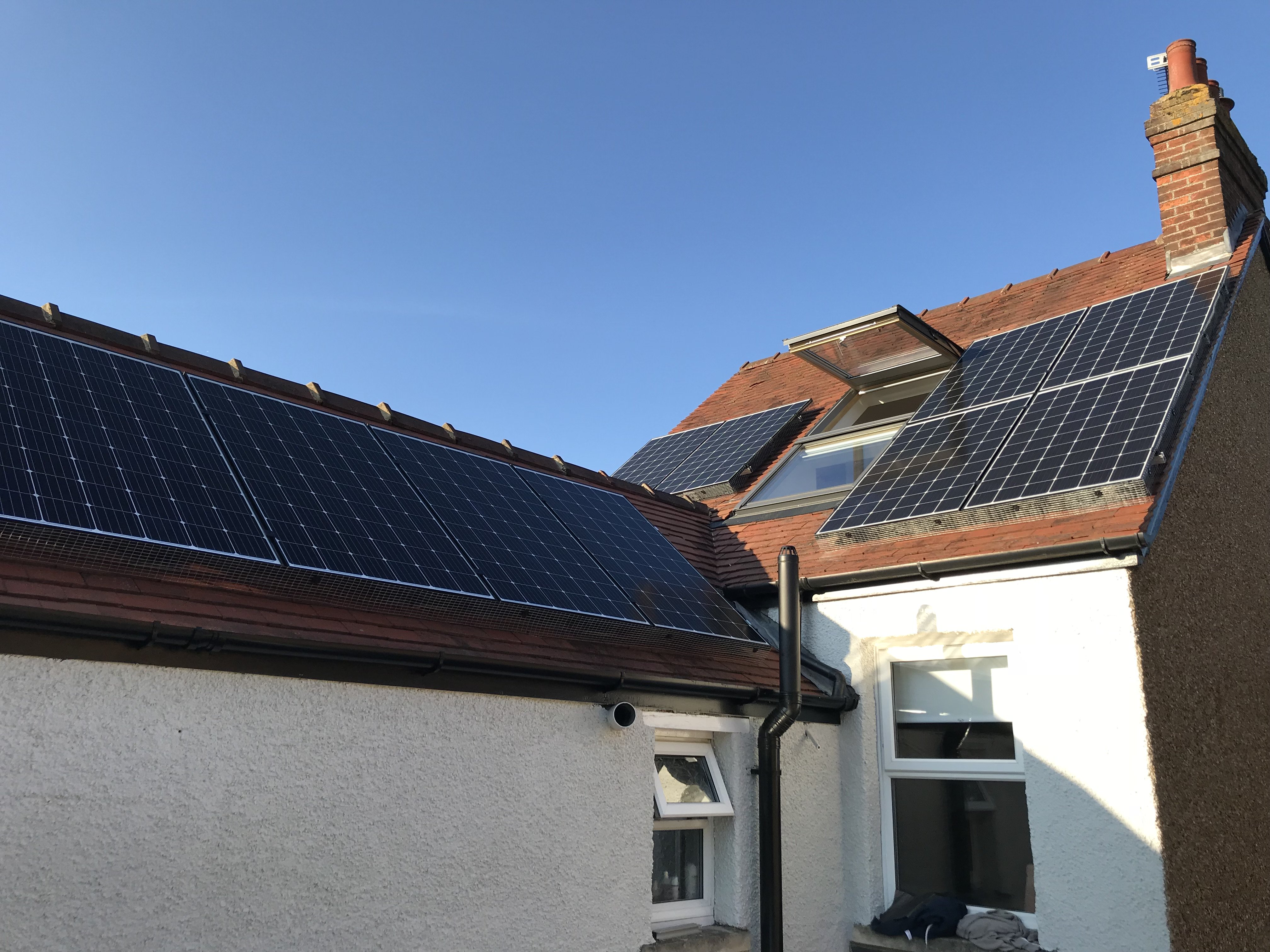The last few years have been good for systems based around Lithium-Ion batteries, particularly electric cars and home battery systems like the PowerBanx, with prices falling consistently year-on-year as demand and supply have risen. However, it looks like that is about to change, at least in the UK.
Through this year we have seen wholesale battery costs slowly falling, but no longer. Costs for recent battery imports are rising as a direct result of currency decreases against the dollar in recent months. The end result is that the wholesale costs are now up about 7%.

One of our home batteries
Currently we are holding our retail prices unchanged but – and unfortunately we’ve all been here before, like with utility prices – there comes a point at which we will have to pass on increasing prices to the customer.
Currently the exchange rate is $1.30 to the pound. However, you don’t have to look far to see predictions of the pound falling into the $1.26 to $1.28 range for much of 2019, with some predictions as low as $1.228 during the months after Brexit.
Unfortunately, as we well know, March next year also sees the end of the UK Government’s subsidies for residential solar installations (Feed-in-Tariff payments and Export payments) – miss that deadline and you miss 20 years of free index-linked income.
The result is a double whammy: solar panels and home batteries are both about to become less affordable, just as the public demand for them is on the rise. That’s why many people are urging the government to rethink their killing of the solar payments, though I think they’re unlikely to change their minds.

One of our solar panel installs
The bottom line is that if you’re considering buying a home battery, or a new solar install with a battery, do it sooner rather than later, as it may become much less affordable (just as electricity prices go up again).



